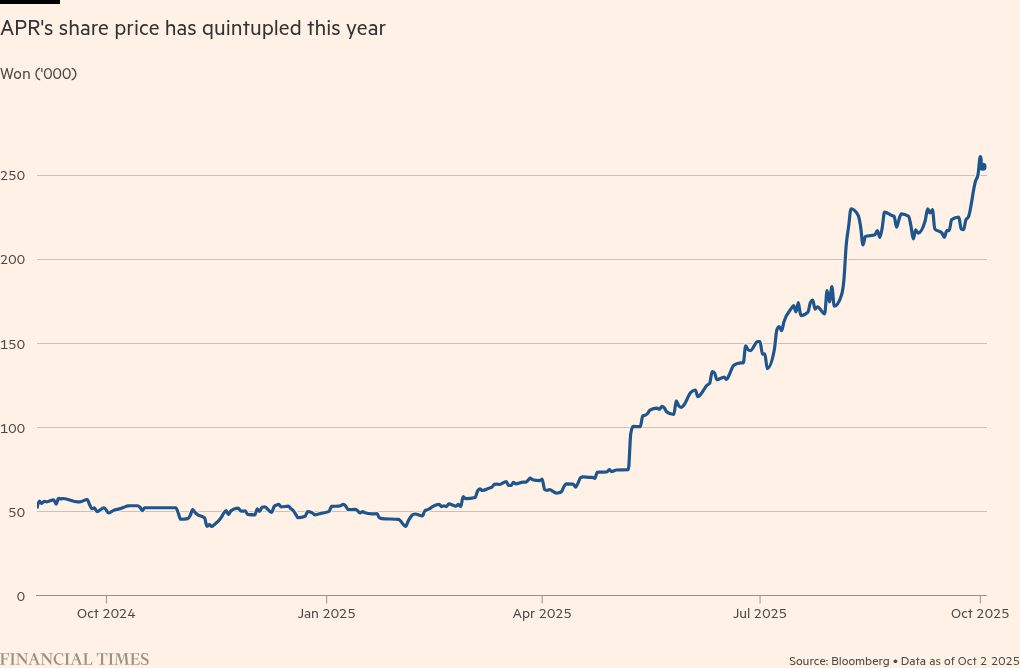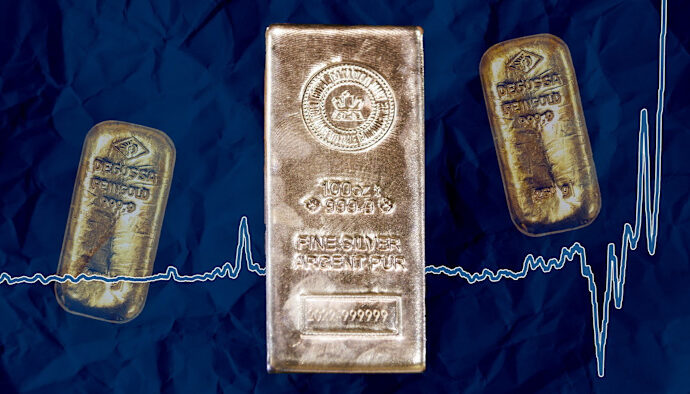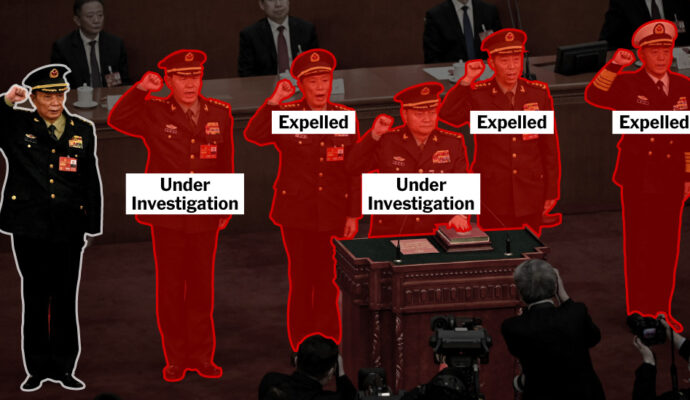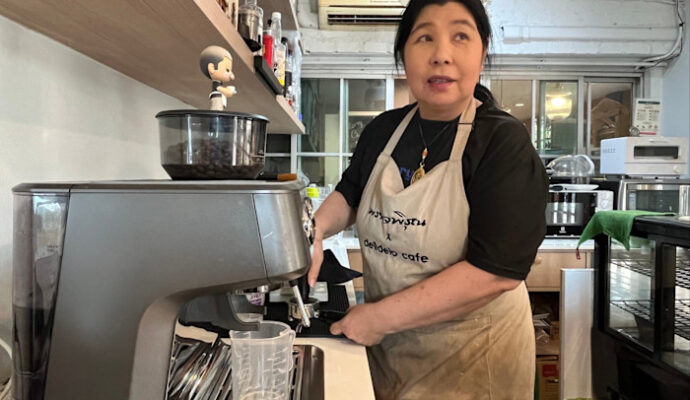Unlock the Editor’s Digest for free
Roula Khalaf, Editor of the FT, selects her favourite stories in this weekly newsletter.
A company with a $180 skincare gadget promoted by Kylie Jenner has become South Korea’s most valuable cosmetics group, marking the rise of the next generation of K-beauty.
APR’s stock price has risen more than four-fold since January, pushing its market value to $6bn, close to that of rivals Shiseido from Japan and e.l.f. Beauty from the US.
Its performance signals the arrival of a new generation of Korean brands, such as d’Alba Global and Goodai Global, which are choosing to focus on growth in the US and Europe, as well as China.
Sales of APR’s facial skincare device, that has electrical current and LED light functions, have risen after the product was promoted on TikTok by Jenner, a member of the Kardashian family.
“The market focus is gradually shifting to beauty devices as highly engaged consumers no longer rely on expensive cosmetics,” said APR’s chief financial officer Shin Jae-ha in an interview at the company’s headquarters in Seoul.
APR also plans to launch a salmon sperm injectable product to be sold in licensed clinics by 2027. Salmon sperm ingredients for skincare products have been popular for years in Korea.
“Korea is a highly competitive market. We can’t survive unless we develop new products and upgrade them fast enough in the overcrowded market,” said Shin.
The facial devices account for about a third of APR’s US sales but Shin expects that proportion to increase next year.
APR’s main challenge was in differentiation, said Kayla Villena, global beauty insight manager at Euromonitor International. The company’s competition includes Nu Skin and Procter & Gamble in the US, and France’s L’Oréal.
“The beauty devices market is quite competitive and the audience is smaller,” said Villena.
Led by 36-year-old founder Kim Byung-hoon, APR has surpassed the valuation of other K-beauty brands Amorepacific and LG H&H partly as a result of his wide social media following and sleek product design.
The company’s revenue has increased sevenfold from just Won100bn ($70.3mn) in 2018 to more than Won700bn last year. Overseas sales in the second quarter represented nearly 80 per cent of its total revenues, with the US contributing almost 30 per cent, overtaking the company’s home market.
South Korea’s cosmetics exports jumped 20 per cent to $10.2bn last year, making it the world’s third-largest exporter behind France and the US, according to the country’s Ministry of Food and Drug Safety.
APR expects to take a hit from US tariffs of 15 per cent on Korean cosmetics. But Shin said the tariffs were still “manageable” and the company did not plan to raise product prices for the time being as it worked to gain market share.
The company is seeking its next phase of growth from Europe, which it entered in March. Its largest markets are in the UK, Poland and France.
“As our products sell well in the US, European consumers began to look for them,” Shin said. “But Europe will be a more difficult market to crack, given different regulations and culture in each country.”
While APR and other Korean brands including Beauty of Joseon and Anua had been expanding in the US, European growth had been slower, said Bae Song-yi, an analyst at Mirae Asset Securities, citing the dominance of French beauty companies.
But some investors have questioned whether APR can maintain its popularity overseas as competitors launch rival products.
“They are facing cut-throat competition,” said Bae. “Investors’ biggest concern is how the company can maintain its competitive edge going forward.”



